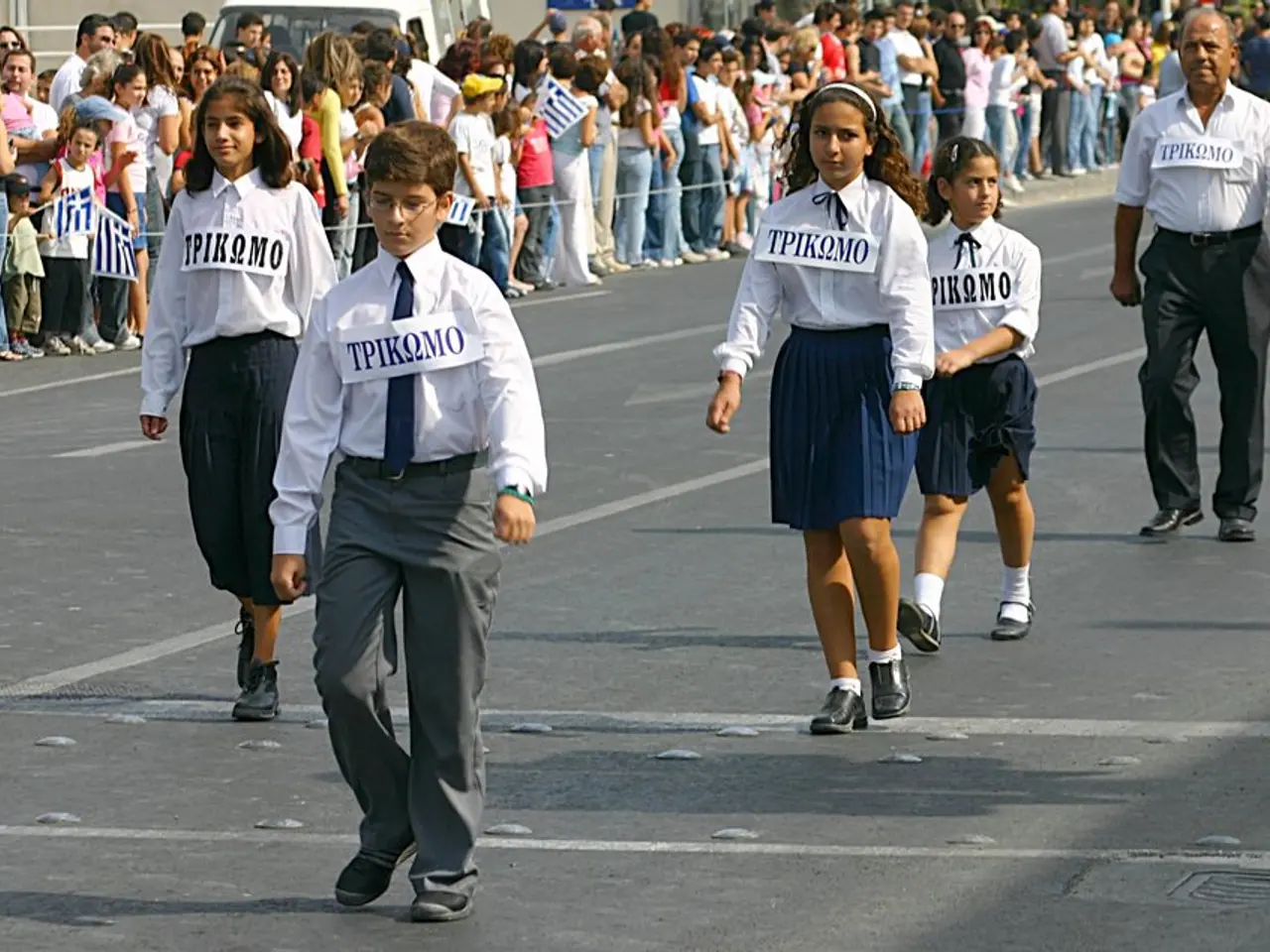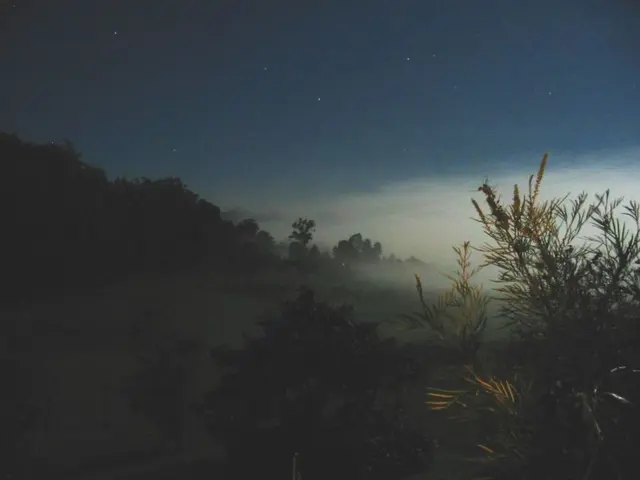Demonstrations persist: Kickoff in Ludwigsfelde (CSD-Demos)
In recent times, Christopher Street Day (CSD) events across Germany, including in cities like Berlin and Bautzen, have faced an increased threat of clashes and attacks, particularly from far-right extremists. This escalating tension has been a source of concern for organisers and participants alike.
The political climate in Germany reflects this concern, with debates sparked over the banning of rainbow flags from some official buildings and limits placed on LGBTQ+ parliamentary groups participating as political entities in Pride parades. These measures have sparked controversy and symbolize a broader culture war coinciding with a rise in homophobic offenses and physical violence motivated by sexual orientation in Germany.
Smaller cities like Bautzen have experienced such threats and attacks, which have heightened tensions around CSD events beyond large metropolitan areas. The town of Ludwigsfelde in Brandenburg is hosting its first CSD event on August 7th, with organisers aiming to promote diversity and expecting several hundred participants. The CSD event in Bautzen is scheduled for August 10th, with six other assemblies of supporters who want to join the parade registered.
The city of Oranienburg in Brandenburg will host a CSD event on September 27th, while Cottbus in Brandenburg will host their event on October 15th, concluding the series of events in the region. The city of Rathenow in Brandenburg will host a CSD event on August 30th.
Despite these challenges, CSD events remain vibrant expressions of diversity and equality, with strong calls for protecting LGBTQ+ rights against intolerance, hate, and political backlash. The large-scale Berlin parade, for example, combined celebration with activism, emphasizing ongoing concerns for visibility, solidarity, and safety of LGBTQ+ communities.
However, the CSD event in Bautzen has been marked by potential threats of violent clashes, with the police in Bautzen, Saxony, identifying a potential threat. A counter-demonstration has also been registered in Bautzen. In contrast, the CSD event in Ludwigsfelde does not have a registered counter-event from the far-right scene.
The first CSD events were sparked by protests following police raids at the "Stonewall Inn" bar in Christopher Street, New York, in 1969. The term "queer" is used by non-heterosexual people or those who do not identify with traditional gender roles.
As these events unfold, it is crucial to remember the original spirit of CSD - a celebration of diversity, equality, and the rights of queer people. The events serve as a reminder of the progress made, but also the ongoing struggle for full acceptance and equality in society.
- The escalating tension surrounding Christopher Street Day (CSD) events in Germany, particularly in cities like Berlin and Bautzen, has sparked debates about LGBTQ+ rights and equality in politics.
- The first CSD events were initiated as protests against police raids at the "Stonewall Inn" bar in Christopher Street, New York, in 1969, and the term "queer" is used by non-heterosexual people or those who do not identify with traditional gender roles.
- Despite potential threats of violent clashes, CSD events remain vibrant expressions of diversity and equality, advocating for the protection of LGBTQ+ rights against intolerance, hate, and political backlash.
- While some CSD events, like the one in Bautzen, face threats of counter-demonstrations from far-right extremists, others, such as the event in Ludwigsfelde, do not have a registered counter-event from the far-right scene.







